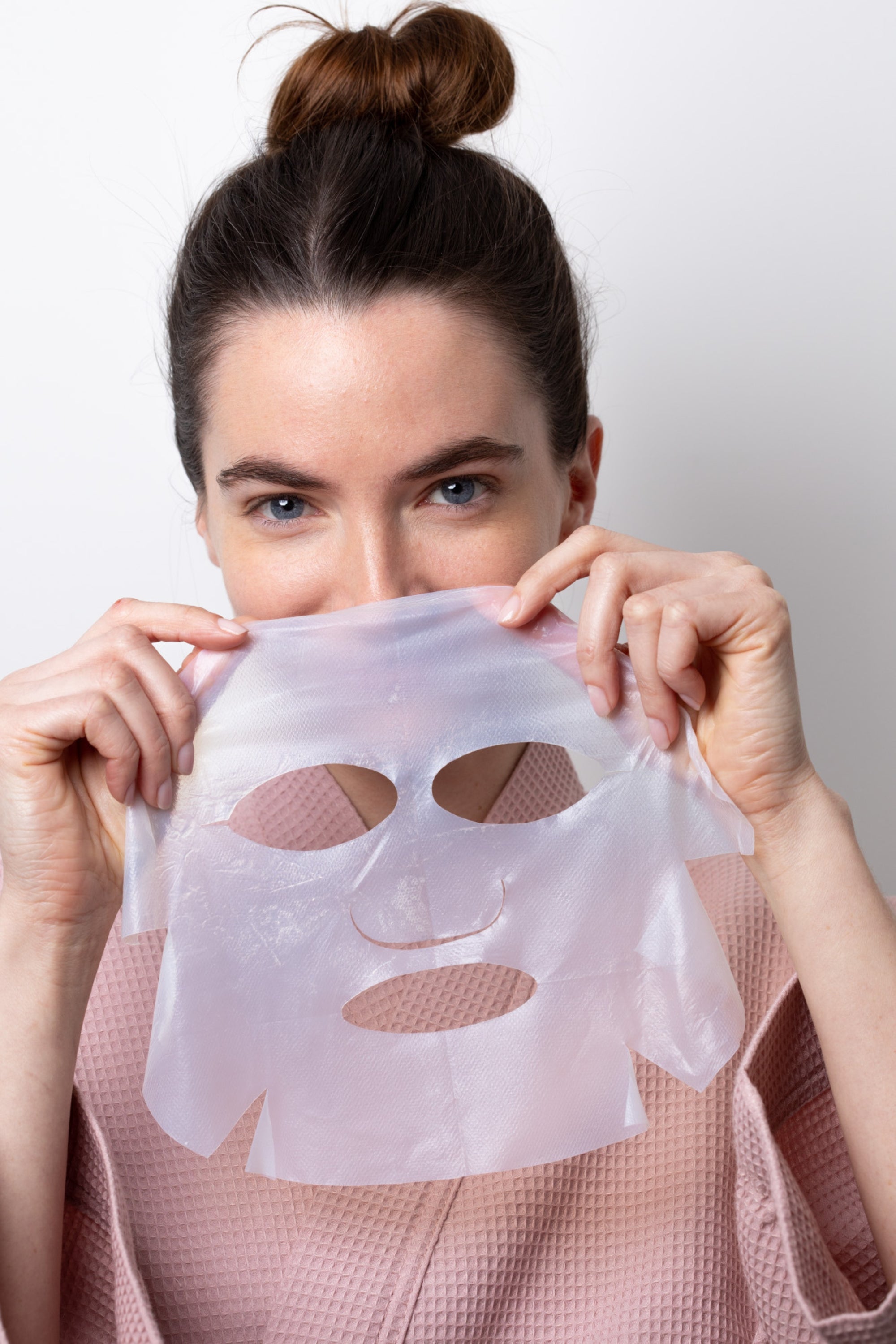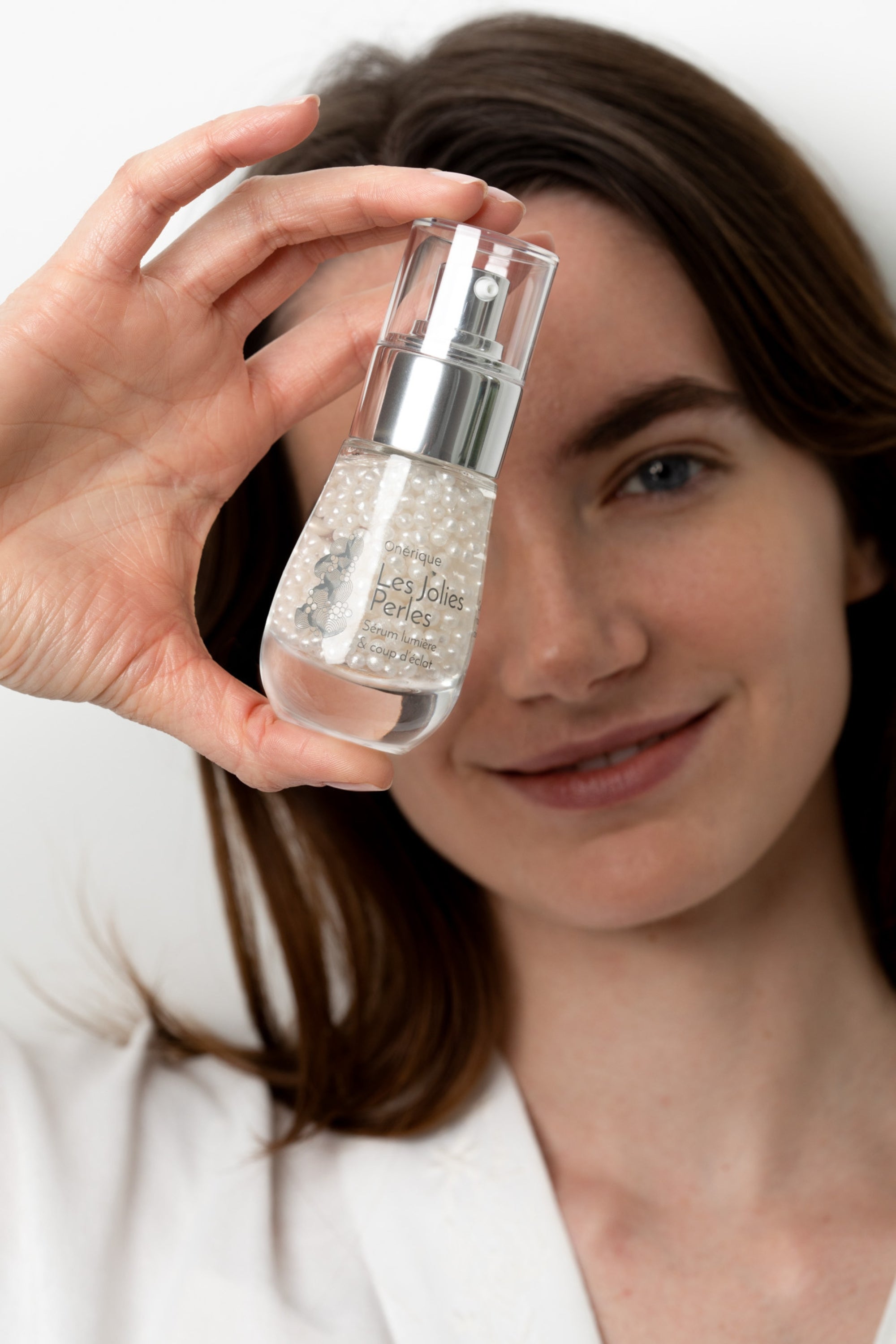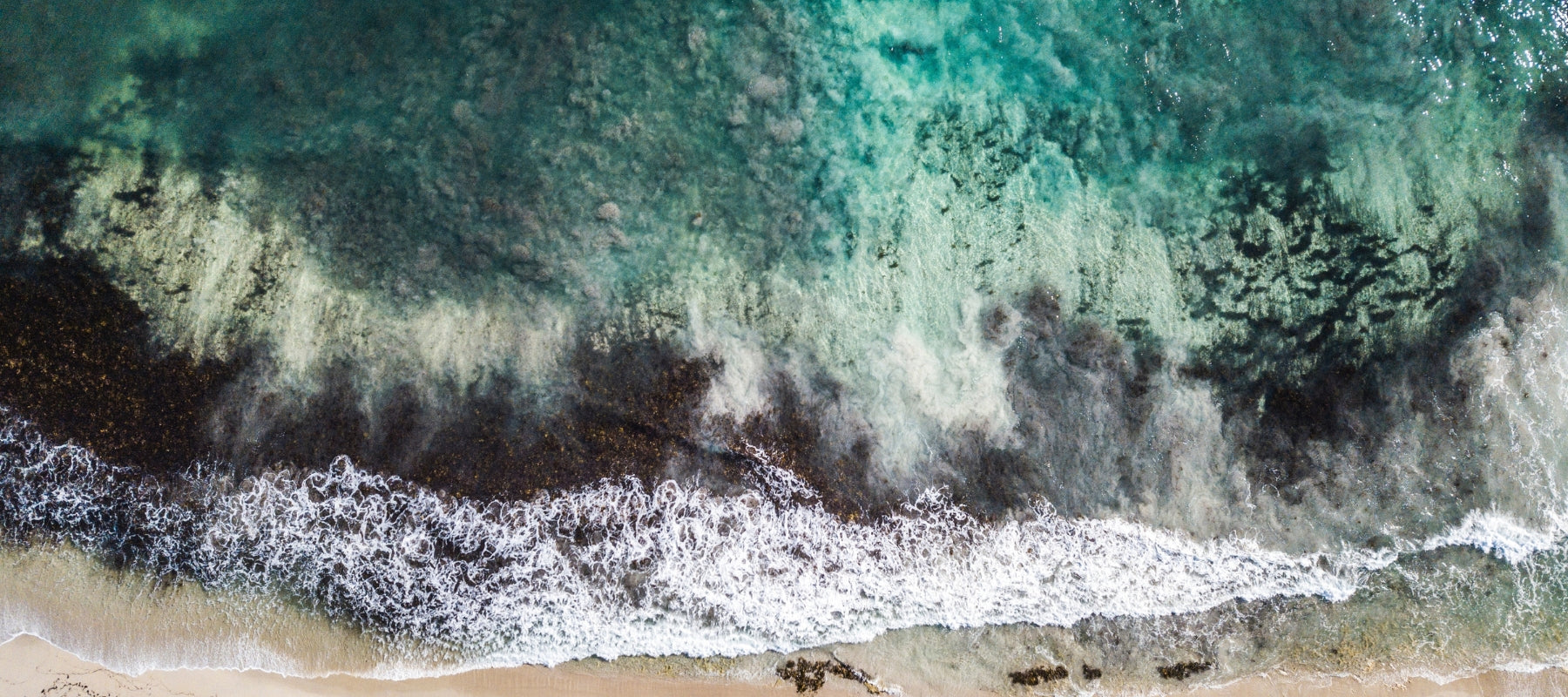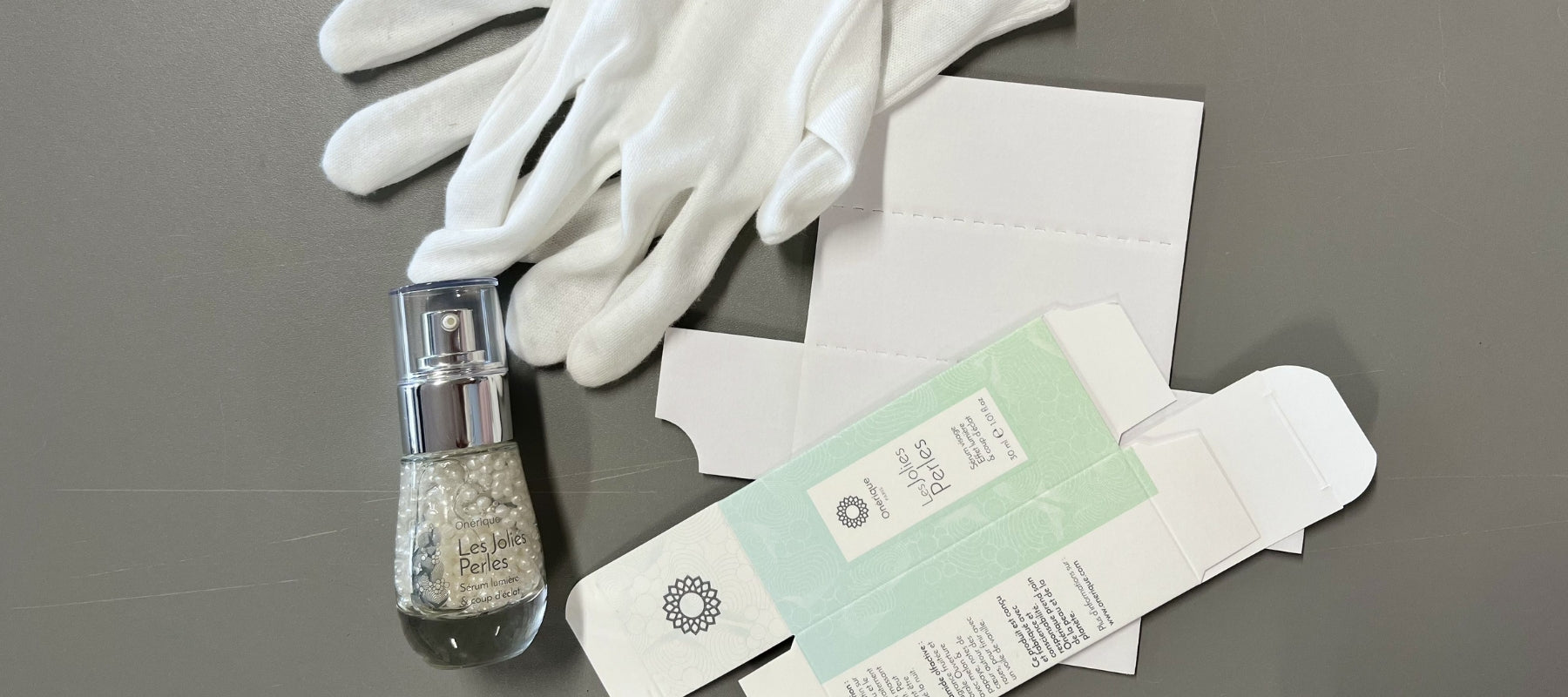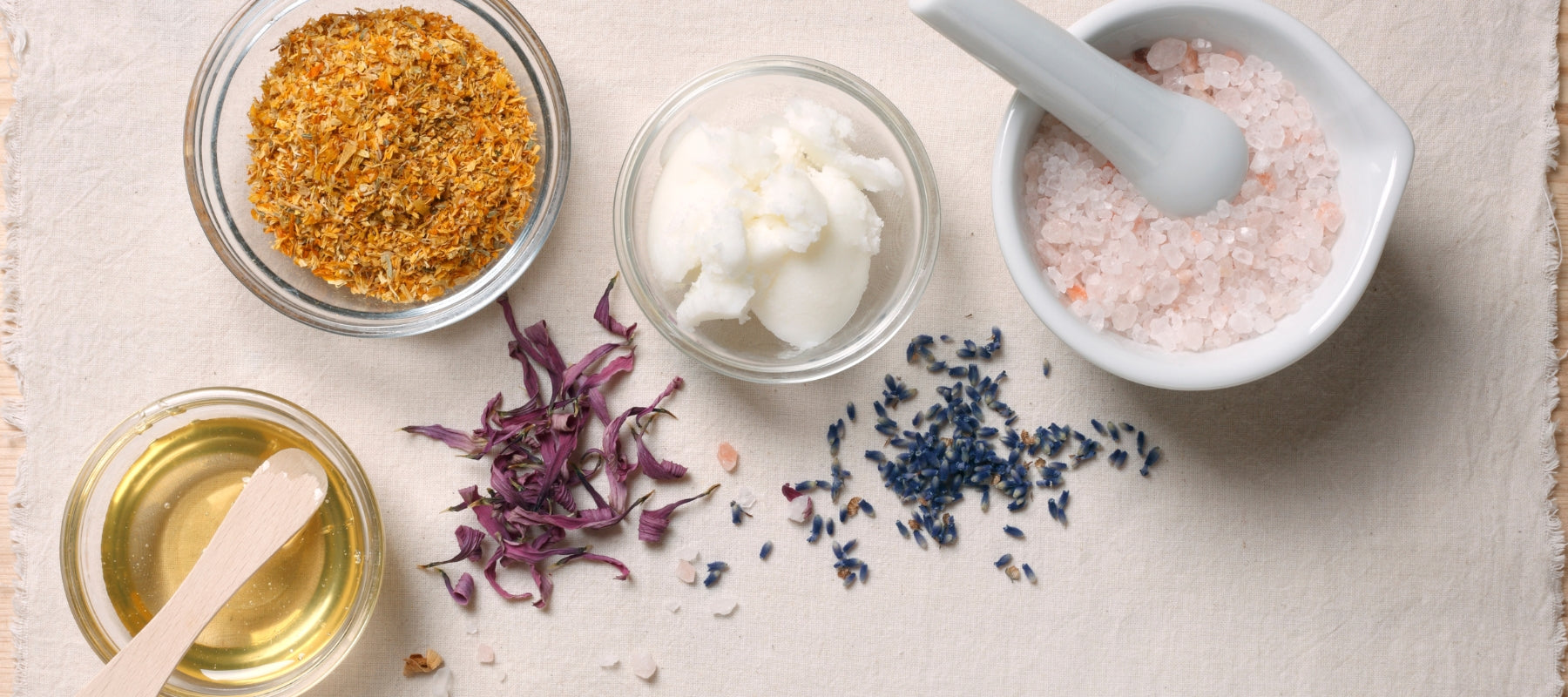
Is the “do it yourself” movement well suited to the world of cosmetics?
In the cosmetics sector, DIY is becoming more and more popular. Do It Yourself is indeed a movement, a leisure activity, which appeals to many people for its playful side. However, is home-made well suited to the world of cosmetics? DIY in cosmetics: simple leisure, real interest or danger, this is what we are going to decipher.
Cosmetics, a highly regulated sector.
The cosmetics sector is subject to strict rules, aimed at guaranteeing consumer safety and product quality. In laboratories and manufacturing workshops, specifications must be produced and respected. Laboratories must also follow precise and regulatory procedures, in order to ensure the safety of users. Cosmetic products manufactured in France are thus governed by Regulation (EC) No. 1223/2009 of November 30, 2009, since July 11, 2013. These European standards require manufacturing workshops and cosmetic laboratories to work on their products according to established rules. It is a profession in its own right, which cannot be improvised. These scientific experts also know which products can be mixed together, in what quantity, and which ones will be suitable for a specific use (dry, oily, acne-prone skin, etc.).
DIY and cosmetics: an ecological concern?
At first glance, one might say no. We could say that with a homemade beauty product, we buy less, therefore we pollute less. Yes, but… We still have to look a little closer! Making your own cosmetic treatments using DIY can indeed present an ecological concern. You risk using a lot of different products to end up making small quantities of cosmetics. By using several products to mix, you will generate a lot of waste, ultimately resulting in little final product. We are quite far from zero waste! Why little final product? Because, not having the qualifications required to make a beauty product that will last a long time, you will only be able to make it in small quantities. Furthermore, if you end up making too much, but without knowing how to store it, you risk having to throw away part of your DIY production, and thus generate a lot of waste. We therefore see that making your own products is perhaps not that ecological!
DIY cosmetics: a hobby, but no savings or security.
Despite these various important points, we cannot help but notice the enthusiasm generated by DIY among fans of this type of activity. The reason is simple: it’s a really enjoyable hobby! It's also a rewarding hobby, because it's always rewarding to feel capable of making your own skincare products. Soap, skin cream, toothpaste, there are many recipes that can be found today. Be careful though! As we mentioned, this satisfaction can quickly be disappointed by the manufacture of a potentially dangerous or even ineffective product. We are not experienced technicians… In fact, we do not know which products we can mix together, in what quantity, etc. Entrusting your safety and health to bloggers or influencers, who do not have the required scientific qualifications, can therefore put you in danger. The real effectiveness of the product may also be called into question. Finally, never forget that natural does not always rhyme with safety: if you mix certain natural ingredients or certain essential oils together, particularly in inappropriate quantities, you can run a real danger.
Conclusion: DIY, if done well, can be a source of fun. However, you should take precautions, because nothing will replace the effectiveness and safety of cosmetic products made by experts.

